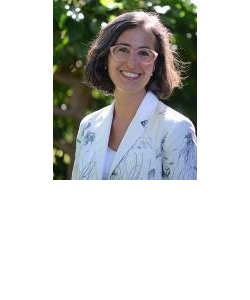Lithium: Driving (Sustainable) Development?

Chile and Argentina together currently supply most of the world's lithium, used in batteries for electric vehicles, laptops, mobile phones, MP3s, and energy storage for solar power plants. Together with Bolivia, these three countries have the world's largest lithium reserves. Each government is taking very different approaches to capture lithium rents and avoid the infamous “resource curse”, such as increasing mining royalties, retaining state control of concessions, creating public companies, and investing in innovation. Though some consider lithium strategic —as it has been since the Cold War— others treat is as one more commodity. At stake are competing views of where value lies and how to develop economically in the 21st century. Who benefits from the commodification of a natural resource like lithium? Are developing countries setting the terms of new global markets, or are they dependent recipients of trends outside their control? And what consequences do these global markets have for the sustainability of energy transitions? This talk explores these questions through the history of lithium extraction in Chile and Argentina.










